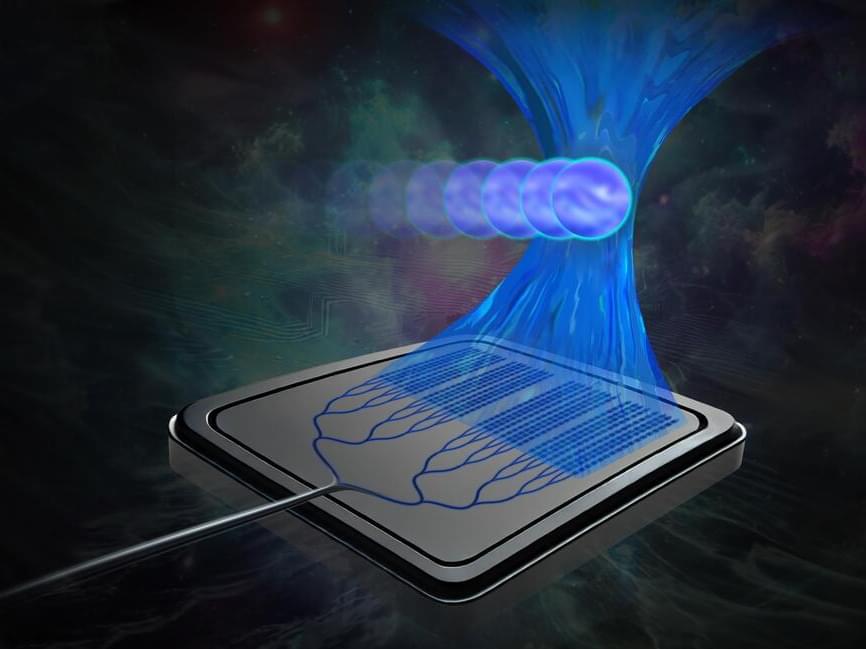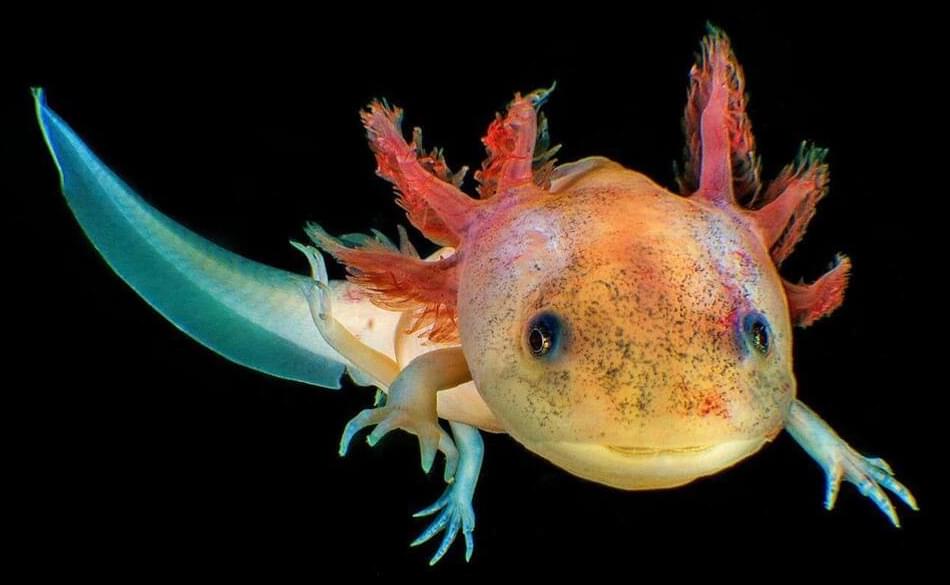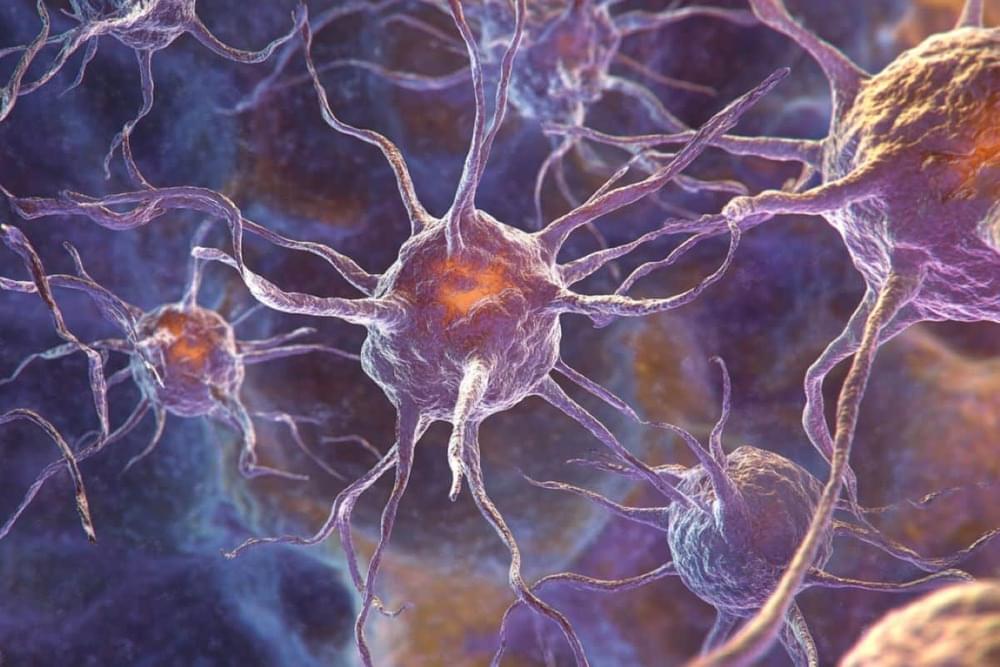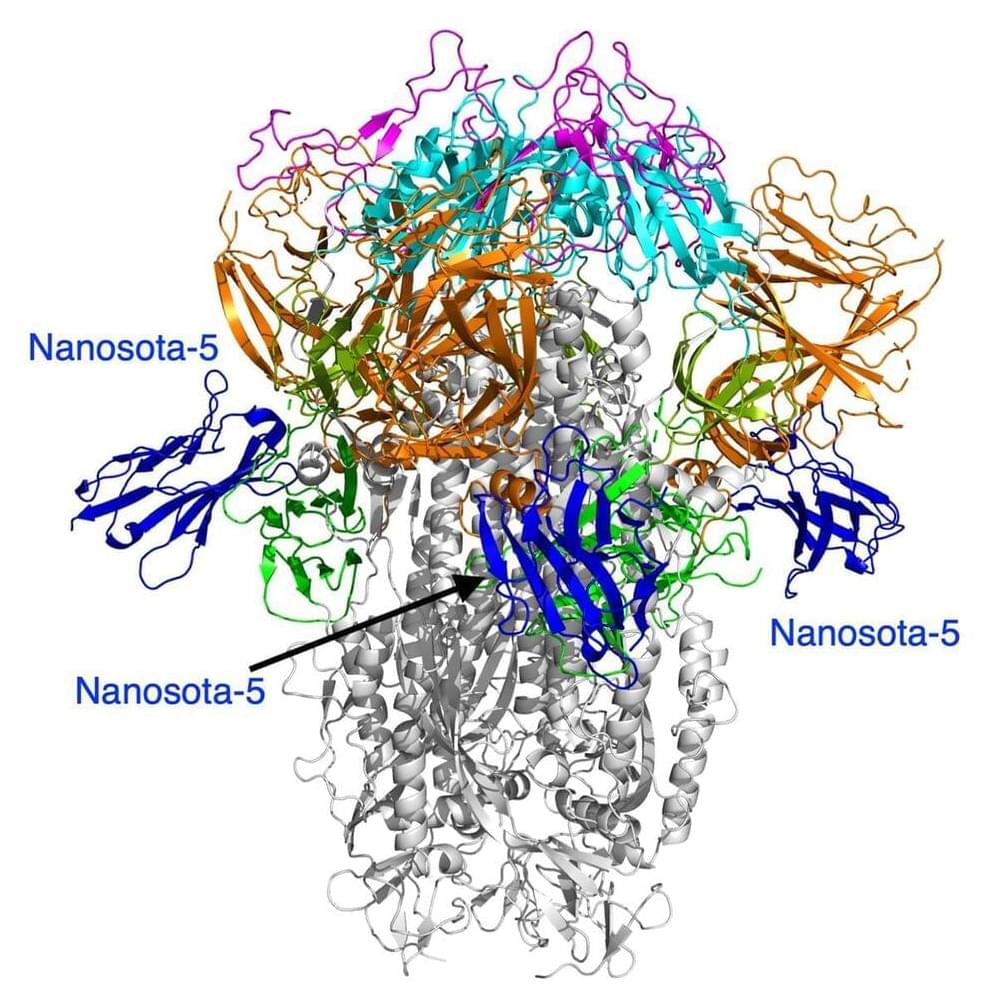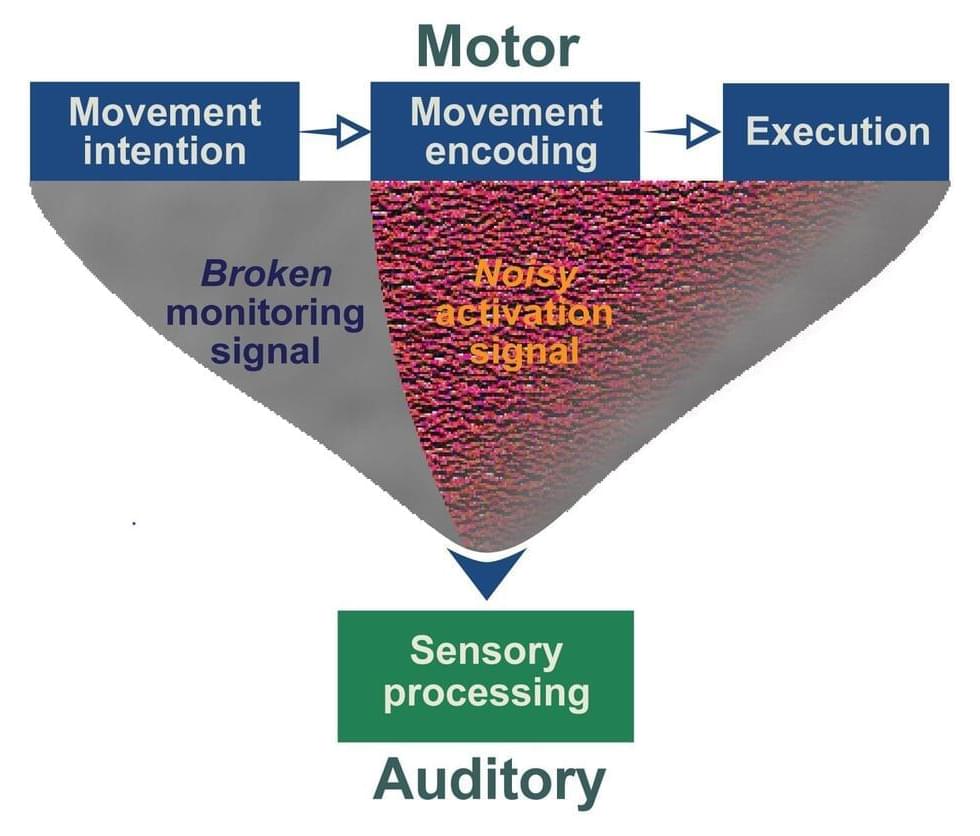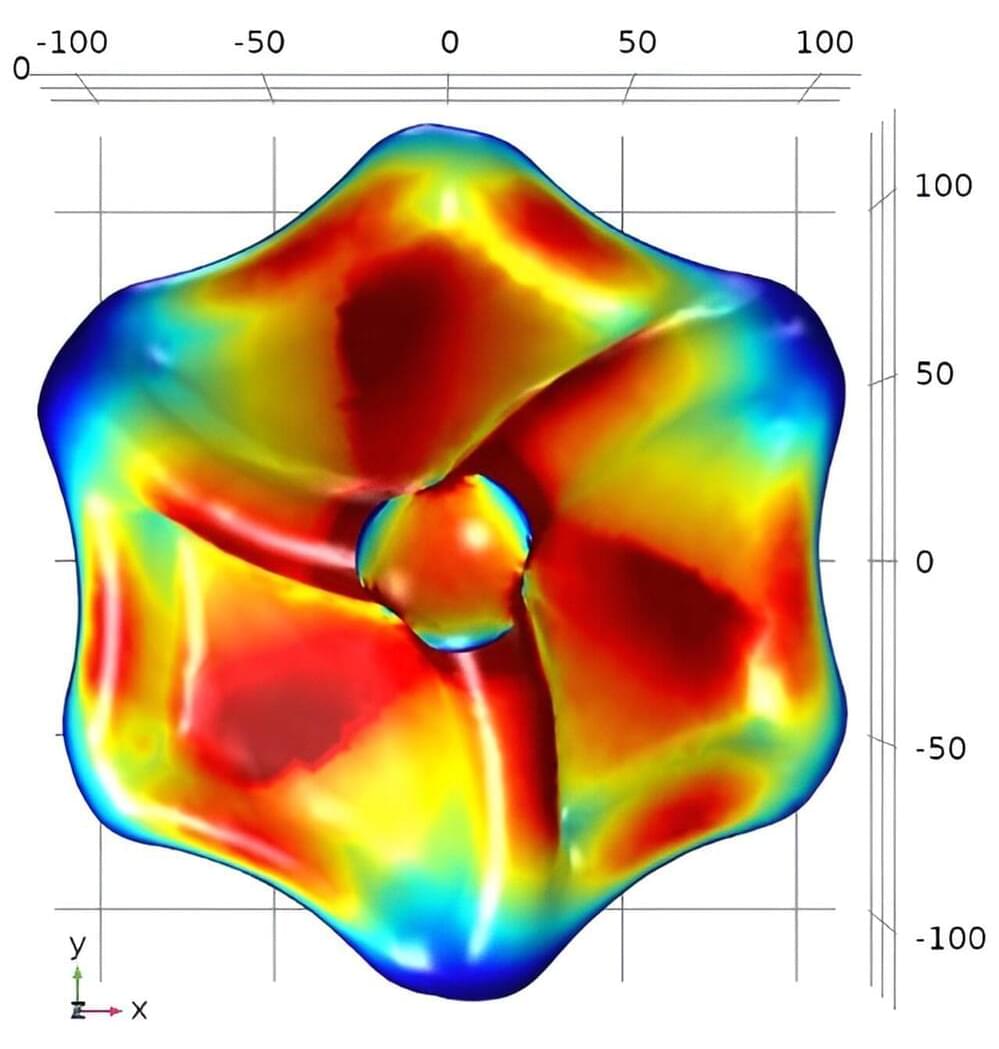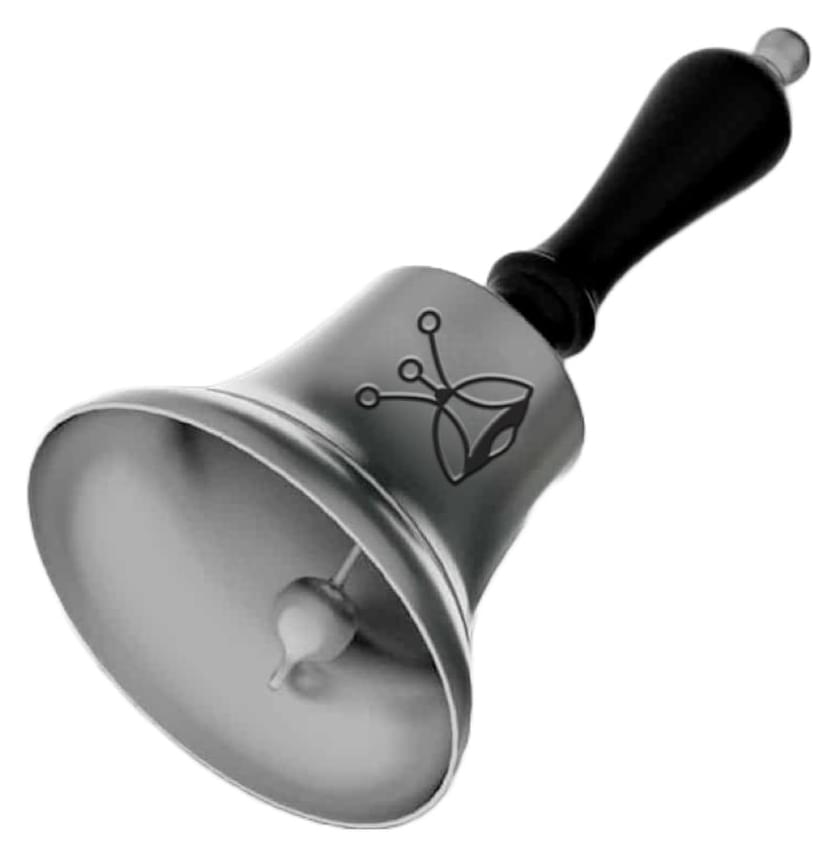Oct 5, 2024
Vagus Nerve Signals Regulating Heart Function Discovered
Posted by Saúl Morales Rodriguéz in categories: biotech/medical, neuroscience
Summary: Researchers have isolated the electrical activity of individual neurons in the vagus nerve responsible for regulating cardiovascular function in humans. By identifying neurons that fire in sync with the heartbeat, scientists can now study how these neurons monitor or control heart activity.
This breakthrough could lead to new insights into how cardiovascular diseases develop and why vagal neuron activity changes in these conditions. The findings offer a foundation for exploring therapeutic targets in heart disease by studying vagus nerve activity in both healthy individuals and those with cardiovascular issues.


